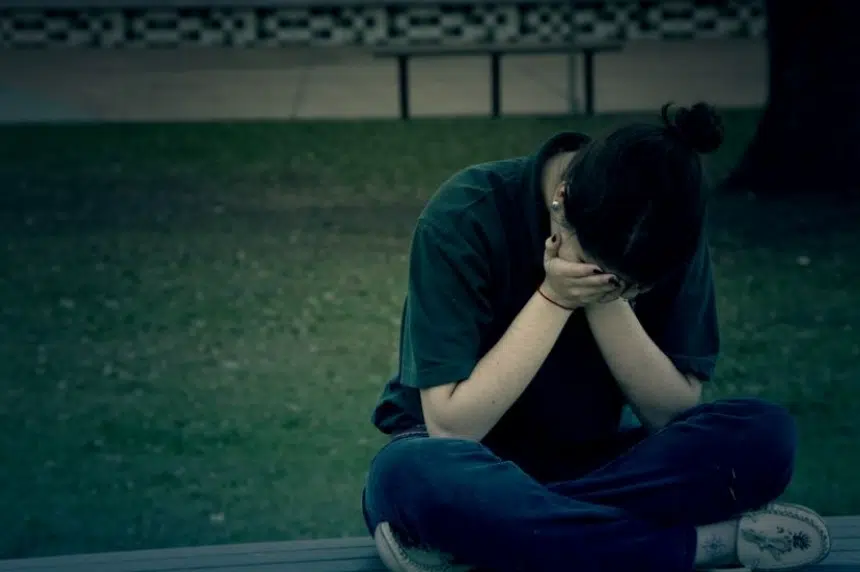There’s a slow and consistent improvement in the number of Canadians experiencing mental health issues.
That’s according to data released by Mental Health Research Canada, which recently released its 14th poll in November.
For this poll, 746 people from the prairies were interviewed.
“In Saskatchewan, about 11 per cent right now of people would say their anxiety is high to extremely high and about 13 per cent of depression is high to extremely high,” Dr. David Dozois, a psychology professor at Western University, told Gormley.
Dozois said that since doing these polls, the organization found that anxiety spiked and then stabilized among Canadians.
Dozois added that with depression, during the pandemic there was a cause for concern because it increased and kept creeping up.
With that being said, he said Canada is starting to see anxiety and depression levels decrease but they’re still higher than what they were prior to the pandemic.
“People are still continuing to experience a significant number of anxiety and depression symptoms,” Dozois said.
He said he is unsure how long this will last.
“We really do need to think about access to care and access to psychological care for people who need help,” Dozois said.
He added that access to mental health is limited and COVID has exacerbated the issue.
Dozois said mental health has not got the spotlight that it deserves.
“It really does affect so many people that I think it needs to be front and centre in term of our governments providing support both federally and provincially,” he said.
Additionally, Dozois believes people need better access to care.
He said many people are paying out of pocket for these services and they should be covered under provincial health plans.
“People are overwhelmed by their needs and they’re not getting the care,” Dozois said.
As for some solutions for anxiety and depression, he recommends Cognitive Behaviour Therapy and exposure therapy. Additionally, he recommends using some self-help books.











